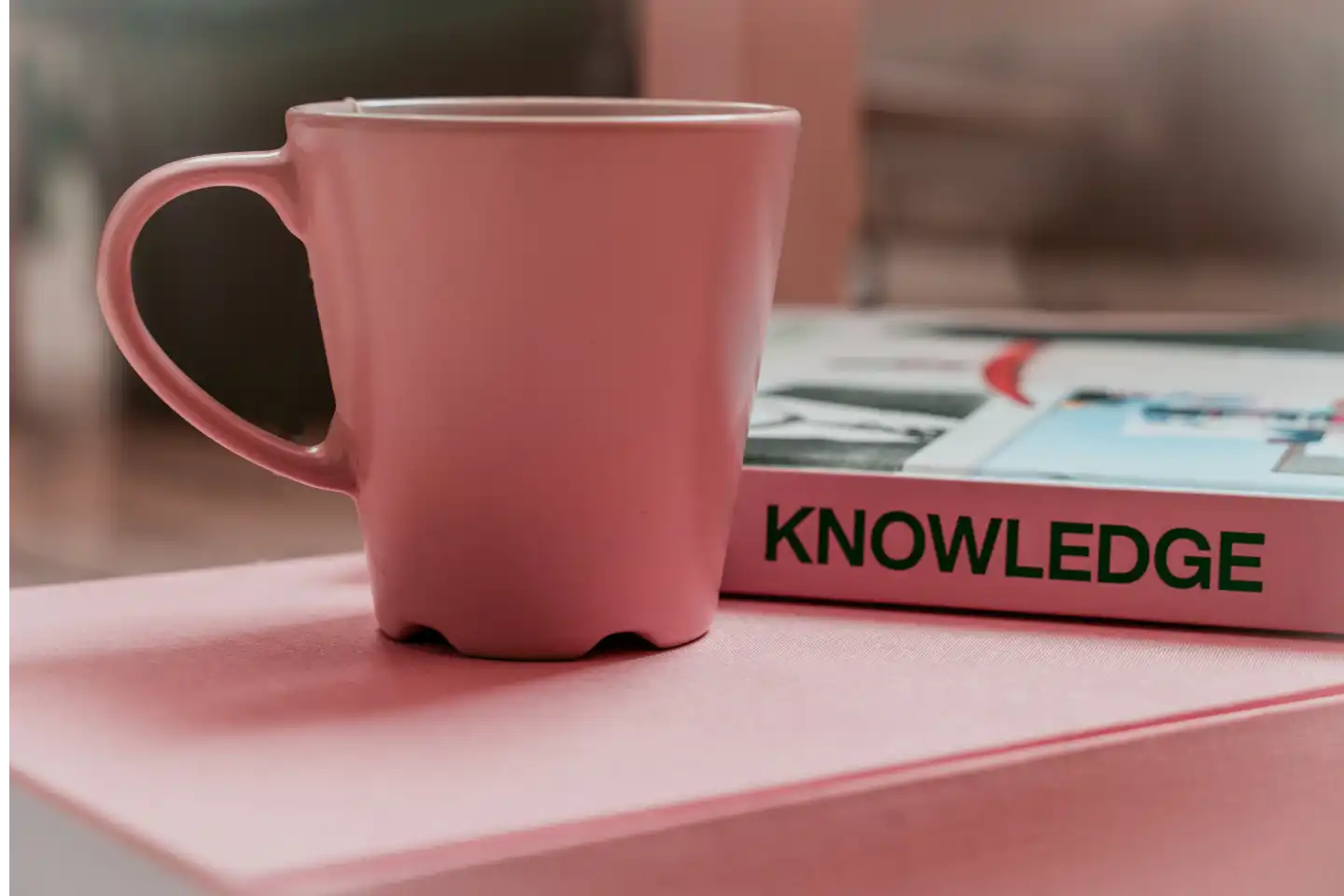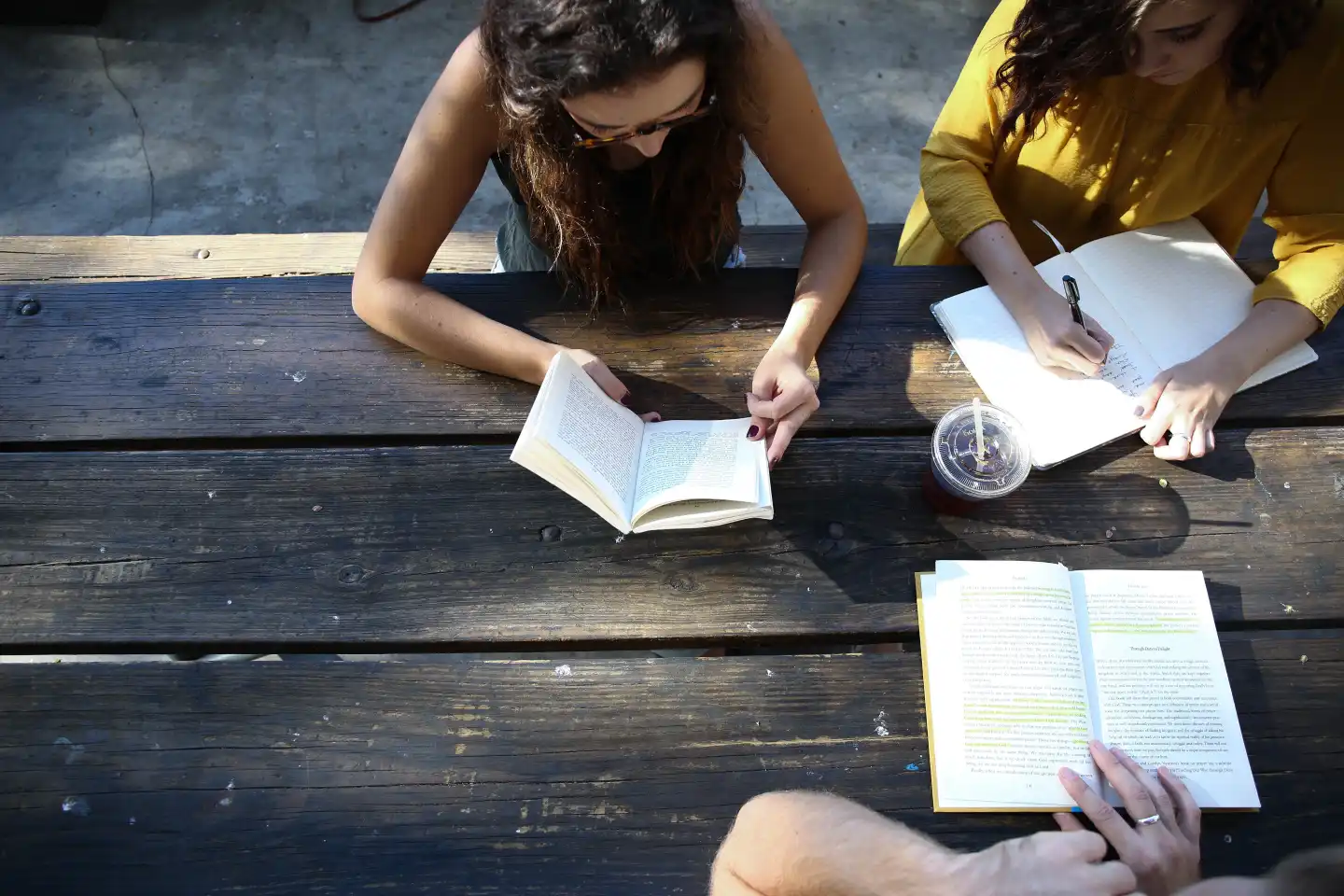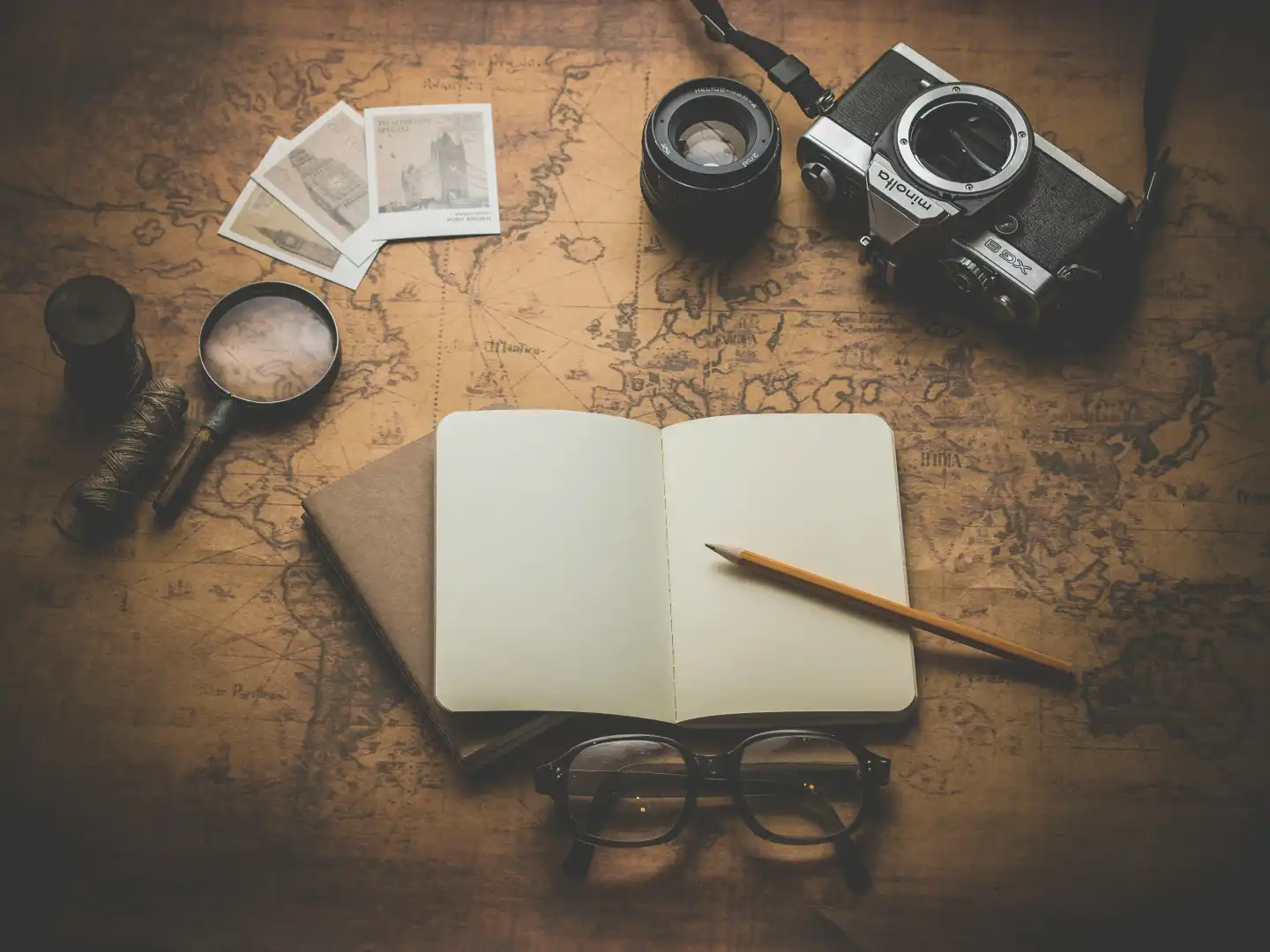
22 Nov The Paradox of Knowledge: Navigating the Abyss Between Knowing and Unknowing
Knowledge’s Paradox: Illumination Amidst the Abyss of the Unknown
Knowledge, often hailed as the beacon of enlightenment, carries with it an inherent paradox. As we accumulate wisdom, as we unravel the mysteries of the universe, we are simultaneously confronted with a humbling realization: the vast expanse of what we do not know. It’s akin to standing at the edge of an ever-expanding ocean; with every step we take into its depths, the horizon recedes further, reminding us of the infinite exploration ahead.
The Ethical Conundrum of Knowledge: Blissful Ignorance vs. Burdened Awareness
This duality of knowledge – the empowerment it brings juxtaposed with the weight of our ignorance – leads to an ethical conundrum. Is it more virtuous to bask in the comfort of blissful ignorance, shielded from the overwhelming vastness of the unknown? Or is it nobler to relentlessly pursue knowledge, even if it means being burdened by the awareness of our limitations?
Cultural Perspectives on Knowledge: Embracing Limits in the East, Unbridled Curiosity in the West
Throughout history, various cultures have grappled with this dilemma. In the East, ancient sages often spoke of the virtues of “emptying the cup” – a metaphorical call to embrace humility and recognize the limits of human understanding. In contrast, the Western Renaissance period was marked by a fervent quest for knowledge, with luminaries like Leonardo da Vinci embodying the insatiable curiosity to understand the world in its entirety.
Global Perspectives on Knowledge: A Tapestry of Approaches from Alexandria to Timbuktu
Yet, as we explore cultural insights, we find that societies across the globe have always held knowledge in high regard. The ancient libraries of Alexandria in Egypt, the scholarly traditions of Timbuktu in Mali, and the philosophical discourses in the Athenian Agora all stand as testaments to humanity’s age-old quest for wisdom. However, the approach to knowledge varies. Some cultures emphasize the experiences, valuing the process of seeking over the actual possession of knowledge. Others focus on the application, where knowledge is seen as a tool to improve society and elevate the human condition.
Modern Knowledge: Navigating the Information Age’s Deluge and Discerning Truth
In the modern era, with the advent of technology and the information explosion, the pursuit of knowledge has taken on new dimensions. We live in an age where data is at our fingertips, yet discerning truth from falsehood, and wisdom from data, has become more challenging than ever.
The Crossroads of Knowledge: Navigating Privilege, Burden, and the Depths of Understanding
So, as we stand at this crossroads of history, we must ask ourselves: What role does knowledge play in our lives? Is it a burden, a privilege, or perhaps, a bit of both? And as we navigate the vast seas of understanding, do we sail with caution, or do we dive headfirst into the abyss, eager to uncover the treasures that lie beneath?
In The Paradox of Understanding and the Solace of Creation, a blog post that focuses on the complex dynamics between understanding and the consoling embrace of creative endeavors sheds light on these paradoxical relationships.






